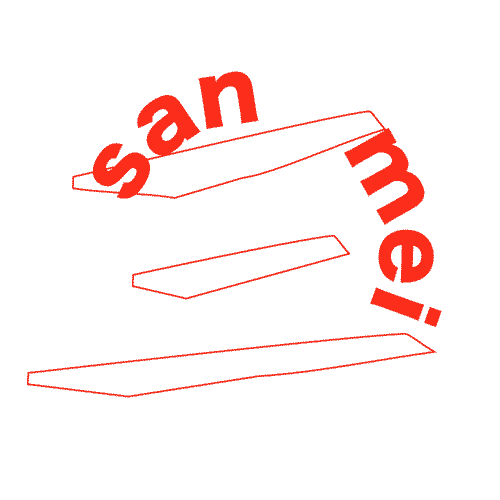Event
Matthew Beach in conversation with Anna Lawrence
Thursday 22 April, 4.30-6pm
Free
The conversation aims to explore the different disciplines each researcher is working within to problematise our relationship with botanical beings in domesticity historically and in the contemporary era.
This event takes place on 22 April, coinciding with Earth Day as well as LABVERDE’s catalogue publication and call to action among its alumni network.
A link for the talk will be sent to participants prior to the event.
This event has been organised in conjunction with Matthew Beach’s exhibition The Herbarium's Shadow which opens online from 3 April with a small series of virtual events and then opens physically to the public at San Mei Gallery from 15 April.
About Matthew Beach, Anna Lawrence and LABVERDE:
Matthew Beach is an artist and researcher based in London, UK. Recent exhibitions include The Herbarium's Shadow, San Mei Gallery, London, The Making of Landscape at Galerie Duchomp, Yvetot, and Prospect for the More-Than-Human at Regency Townhouse, Brighton, and his work has been screened at The Showroom, London and Bloomsbury Theatre, London. Matthew Beach is currently a Teaching and Research Fellow in Printmaking at City and Guilds of London Art School; and a PhD candidate in the School of Geography at Queen Mary, University of London, researching historical and contemporary practices of producing and consuming gelatine and collagen peptides. He received his MFA from the Slade School of Fine Art, London (2015), and he is an alumnus of LABVERDE (2019) and the Saas-Fee Summer Institute of Art (2016).
Anna Lawrence: My PhD research broadly examines the relations between humans and plants, focusing on the unique interactions between the Victorians and their flowers. Theoretically grounded in the interdisciplinary realm of Critical Plant Studies, my work centres the plant in the analysis and uses specific flowers as windows onto a variety of themes. These include botanical science, domestic floriculture, commodity culture, philanthropy, and settler colonialism. Methodologically, I am piecing together archival fragments as a bricolage, weaving stories of flowers alongside theoretical engagement with what it means to tell a relational history through plants. I hope to piece together a picture of how plants were philosophised and engaged within nineteenth-century Britain, from which we might extract value in the interpretation of our own tangled co-constitution with vegetal life in the context of contemporary environmental crises.
LABVERDE: Art Immersion Program in the Amazon functions as a multidisciplinary platform for the development of nature and ecology critical thinking. Artists, scientists and other agents of knowledge come together to recognize and narrate nature, in an attempt to create new ways of existing and interacting with the natural environment, as well as speculate on possible futures.

